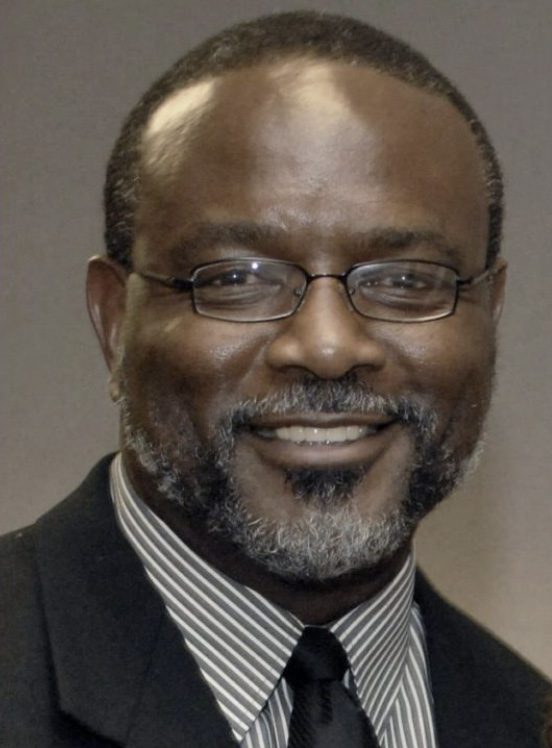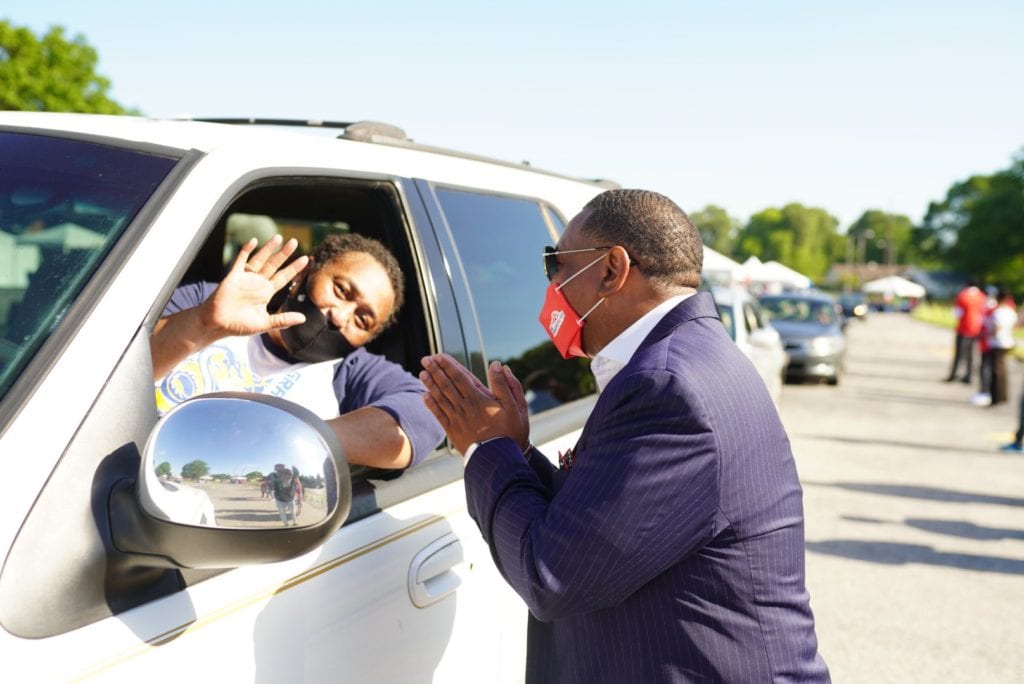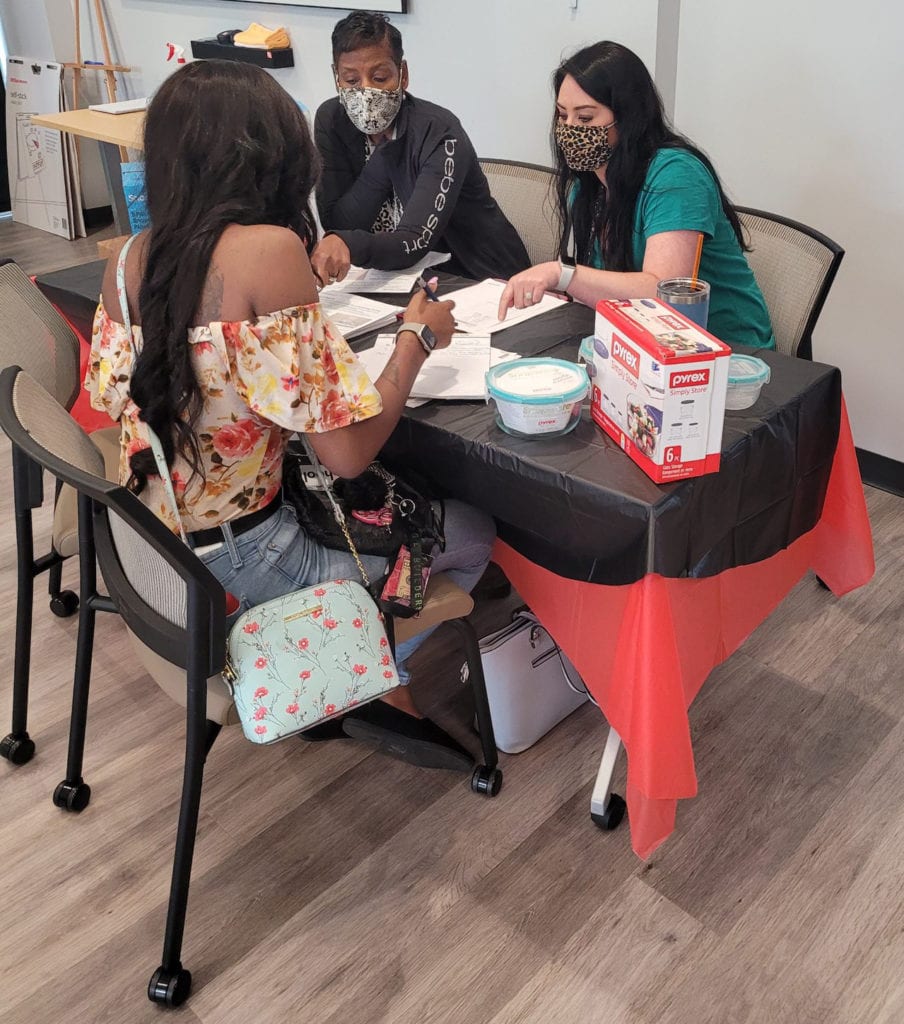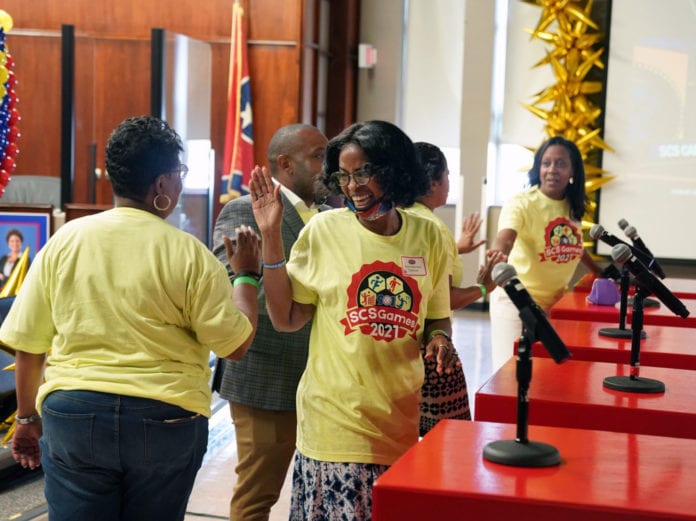by Curtis Weathers —

The school year is coming to a close and the coronavirus seems to be in full retreat. More and more people are getting vaccinated, infections are way down and the number of people dying from the virus has fallen dramatically.
As we bring to a close one of the most traumatic school years in the history of this nation, we need to begin the reflection process and start the repair work on our educational institutions.
We need to take the lessons from this pandemic and build a better, more effective and efficient educational experience for our students and families.
I have been anxious to hear directly from our school leaders, classroom teachers and support team members about what they have learned throughout this experience as it relates to virtual learning and all of the other challenges they have had to contend with over the last 18 months.
I posted a survey on Facebook that asked teachers, administrators and support team members to share with me what they have learned during the pandemic that will help them provide a better educational learning experience for students in the future.
The responses have been mixed and are still coming in. Here are the results thus far.
- Forty-six percent of respondents said they actually learned a lot this past year and felt that their students learned much more than expected.
- Forty-four percent of respondents said they learned a few things, but for the most part, it was a wasted year for them and their students.
- Ten percent of respondents said they are still assessing what, if anything, they, or their students learned this school year.
- Only one respondent said, without equivocation, that this school year was a complete waste for both he and his students.

Virtual learning, of course, played a significant role in facilitating the teaching and learning process this year. Many found it incredibly challenging. But for all its hardships and problems, virtual learning also provided insights.
Many of the respondents to the survey lauded newfound technology skills.
“I learned that I have online teaching capabilities, and I believe that online teaching is the future once mastered,” said one middle school teacher. Several teachers mentioned how challenging the virtual learning platform can be.
An SCS high school teacher said, “I learned how to keep scholars engaged through distance learning while building a desire within my scholars to better themselves.” She also learned “how to create a culture of success that allowed scholars to explore and experiment with lessons in order to make that lesson meaningful.”
One SCS teacher, however, was very blunt. According to her, “Virtual Learning is not for middle school. Lack of discipline.”
But she also reflected on something other teachers mentioned as well, and that is the role “patience” played in helping her get through the year.
“I learned patience,” she said, “because adjustment has a mental trauma that I would never have considered.”
A sixth-grade math teacher spoke to the inequities in our system.
“We always knew the inequities were there, but with Covid, it was really highlighted. We got to see everything on a broad spectrum of how we’ve neglected certain populations.”
Several respondents to the survey reflected on the empathy and resiliency aspects of teaching and learning. A Bartlett elementary school teacher said she learned to be more flexible and to have “a deeper compassion for students and their families.”
Another teacher replied, “It doesn’t make me a weaker teacher to try and accommodate my students. Sometimes being a better teacher means showing grace and mercy.”
One administrator had some excellent advice for his colleagues going forward.
“Figure out what is most important for your students to learn and teach them that. You don’t have time for all the extras. Also, take the time to form connections and allow your students to get to know each other,” he said.
“Less is more,” wrote an SCS middle school teacher.
“I have learned to drill down to the most essential skills/standards that I feel need to be taught/learned. I’ve learned to not give up on collaboration time for students to work together even if some do not participate. … I’ve learned to be patient and kind and offer extra help sessions, even if nobody shows up.”

The door is wide open for educators to begin reimagining the teaching and learning process in our schools in order to better serve students and families going forward.
One administrator seems to be on the right track with his idea of how to restructure the school day.
“I realized that teachers and students were more productive with a 4-day workweek. Kids had four school days, and the staff was in PD/work time on Mondays. Everyone was prepared for the week, and time was maximized. I believe how we do school needs to be revisited.” he said.
The bottom line: we need to take what we have learned and create a new and dynamic learning experience for children using technology and the newfound relationships we’ve developed with parents and families.
I suppose I am not surprised that over 40 percent of respondents think that the school year was a total waste. The pandemic has left many teachers wondering whether the classroom holds a future for them. Many are leaving the profession and pursuing other career pathways. The majority of those who remain seem relieved and yet optimistic after navigating the challenges of this pandemic for over a year.
On the one hand, I’m excited about what I’m hearing from school leaders and classroom teachers.
But on the other hand, given what I know about culture in urban schools and its formidable ability to resist change, I will believe the differences when I see them.
Great job, educators (administrators, teachers and support staff).
We love and appreciate you!
(Follow TSD education columnist Curtis Weathers on Twitter (@curtisweathers); email: [email protected].)




